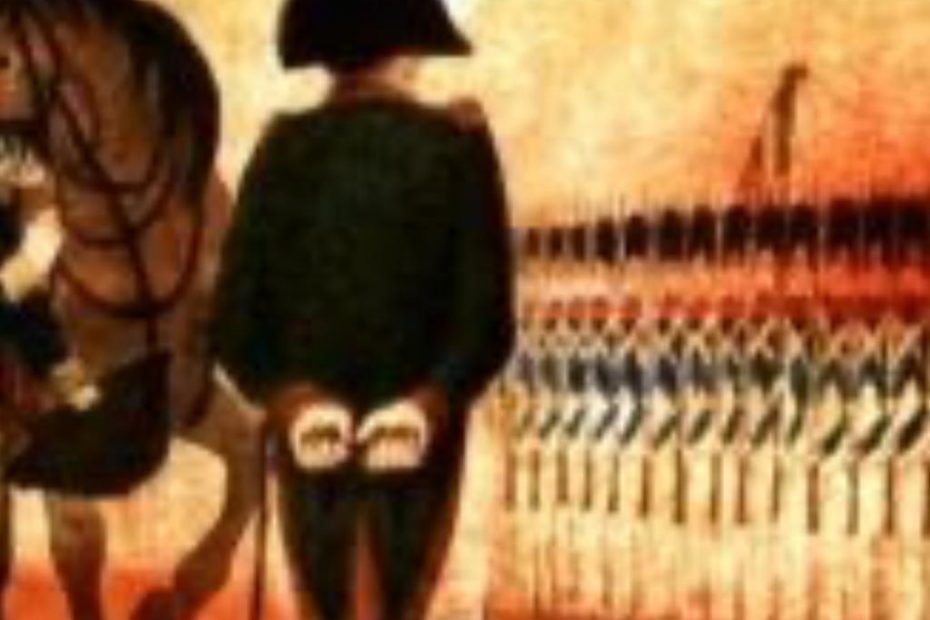The battle to spread knowledge to citizens continues at the International Cultural Hub of Marengo: on Saturday, 3 november, the Italian National Olympic Committee (CONI) will confer plaques and merits to athletes and sports managers.
“It was Napoleon I – asserts Conor Heffernan (University of Texas) – who provided the input to strengthen the male human body”. The triumph gained during the Napoleonic battles of the early nineteenth century by the French troops, trained to march for several days, was the bearer of gymnastics programs to tone the soldiers’ body.
The Calisthenic exercise system suggested by the gymnast Friedrich Ludwig Jahn gave strength to the Prussian military; the Swiss coach Peter Clias trained the English army and navy and the Spanish instructor Don Francisco Amorós y Ondeano reconstructed the physical and resistance to French soldiers. The trend spread from the army to huge gyms built on the Old Continent to satisfy the civilian population attracted by fitness. Jahn’s Turner method, based on the support of parallel bars and rings and included in the planning of the most popular exercises, seduced the other Atlantic shore along with the migratory flow from Europe to America.
“The vigour of French soldiers (that is, the heart of Napoleonic military strategy) – adds Whitfield B East on the book “A Historical Review and Analysis of Army Physical Readiness Training and Assessment” – preceded the physical education spread by General Scharnhorst in Prussian schools to build the lever of servicemen able to hinder the army of France”.
Education has always been valued by the Bonaparte dynasty. The school reform promoted by Emperor Napoleon I of France (Ajaccio, 15 August 1769 – Longwood, 5 May 1821) was then transmitted to his successor Napoleon III of France. (Paris, 20 April 1808 – Chislehurst, 9 January 1873). Minister Victor Duruy, delegated by the last ruler, promoted the teachings of contemporary history and philosophy, economics and law as well as music, drawing and gymnastics.
In 1808, Napoleon I instituted the Ordre des Palmes Académiques. The hand-embroidered palm on the dress worn at official ceremonies exalted the honour reserved to academic professors. Napoleon III extended the decoration to the teachers of the school and to the promoters of remarkable services.
Efrem Bovo (Marengo temporary manager) is a member of the Association Membres Ordre des Palmes Académiques (Amopa). The appointment as honorary member decided by the Italian section praises the continuous and profitable dynamism on the journalistic and cultural scene, the perfect organization of Napoleonic celebrations in Marengo, the sensitivity to the French language and culture.
